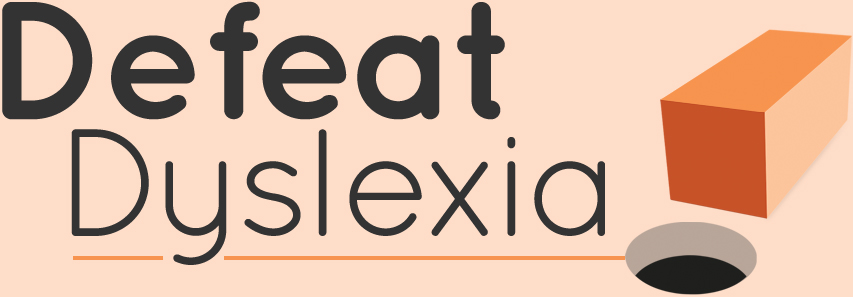For many people with dyslexia, memory is a continual problem.
(Where did I put my keys…? What was I just talking about…? What was I supposed to remember for tomorrow…?)
Weak ‘working’ memory is a very common dyslexia trait – find out more about what it is in my quick guide to dyslexia and working memory. The good news is: there are lots of ways to boost your memory power, and many work-arounds to make sure working memory doesn’t defeat you.
1. Use memory strategies
There are tons of tricks developed by psychologists to aid remembering. None of them are instant fixes, but try playing around with a few to see if they work for you:
- Loci (memory palace)
- Chunking
- Mnemonic link system (chaining)
- Visualise and associate
- Colour association
2. Stay healthy
Groan. I know, okay? But, just like your grandmother always told you, staying healthy also boosts your memory.
Keeping hydrated by drinking lots of water is especially important. Eating well-balanced meals and getting plenty of sleep are also vital to making the most of your brainpower.
 3. Keep things linear
3. Keep things linear
Working on a project? Don’t fall into the ‘do it all at once’ trap. Or, worse, the ‘jump around from section to section’ trap. Non-dyslexics might be able to work on a project scattershot, but dyslexics are likely to do better if they work in a linear fashion.
A written piece of work will turn out much better if you brainstorm first, then organise your ideas. This means that when you get to the actual writing part, you can just concentrate on writing. Afterwards is the time to check spelling and punctuation and think about how to improve your work.
4. Learn the important stuff inside-out
If there’s information you want to become ‘automatic’ (for a school-age child, that might mean the spellings of common words or number facts like times tables), it’s worth taking the time to ‘overlearn’ them, practising over and over again.
5. Stay organised
Combat the where-did-I-put-my-keys panic by making sure you have a place for everything.
Many dyslexics also carry a notebook everywhere they go and jot down reminders. A smartphone programmed with automatic reminders can work even better.
Improving your working memory is likely to be an ongoing process. If this is an area where your dyslexic child struggles, it’s very important to stay aware of her difficulties – and make sure teachers also know what’s going on.
Which of the memory tricks mentioned above have you tried? Let me know in the comments which have worked best for you…











4 Responses
A quick guide to dyslexia and working memory | Defeat Dyslexia
[…] ← Previous Next → […]
Tracy Bradley
As an adult I think I can relate to all of this, I believe I might be dyslexic but was never encouraged or told I was. I Will have to be diagnosed. I am presently unemployed and have had difficulties throughout my career, being in and out of work throughout my life, because of dyslexia and my working memory. I would like to be able to get a full-time job, but my qualifications have held me back due to having no confidence, ignorance of school colleagues who blanked me out as a child. Could anyone recommend a Psychologist that would diagnose me that wouldn’t cost the earth.
Claire
Hi i do not know where you live but in Scotland you can contact Dyslexia Scotland and they give you a list of specialists who test both adults and children for a fee. You could find out if this is available in your local area. Good Luck!!
Ilka
You can look up an educational psychologist in your area who can run a test battery to investigate if there is a learning or concentration impairment.They usually test visual auditory and spatial perception.